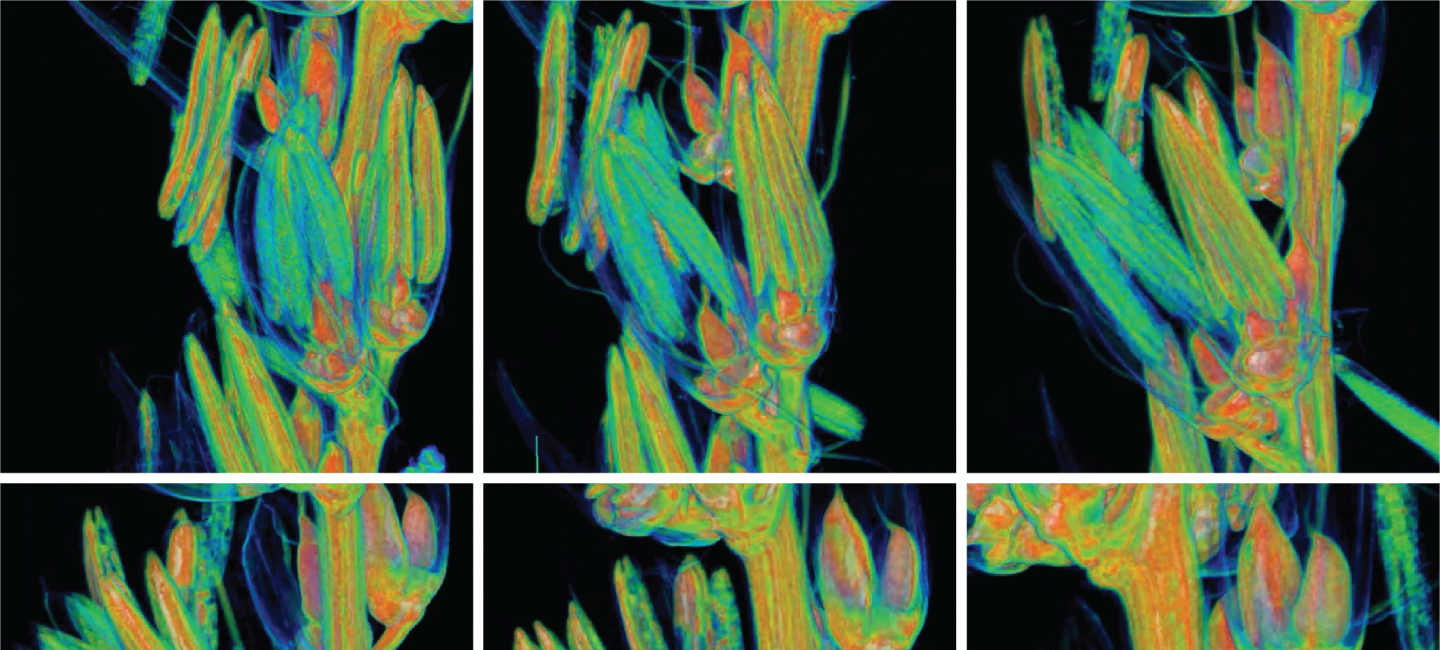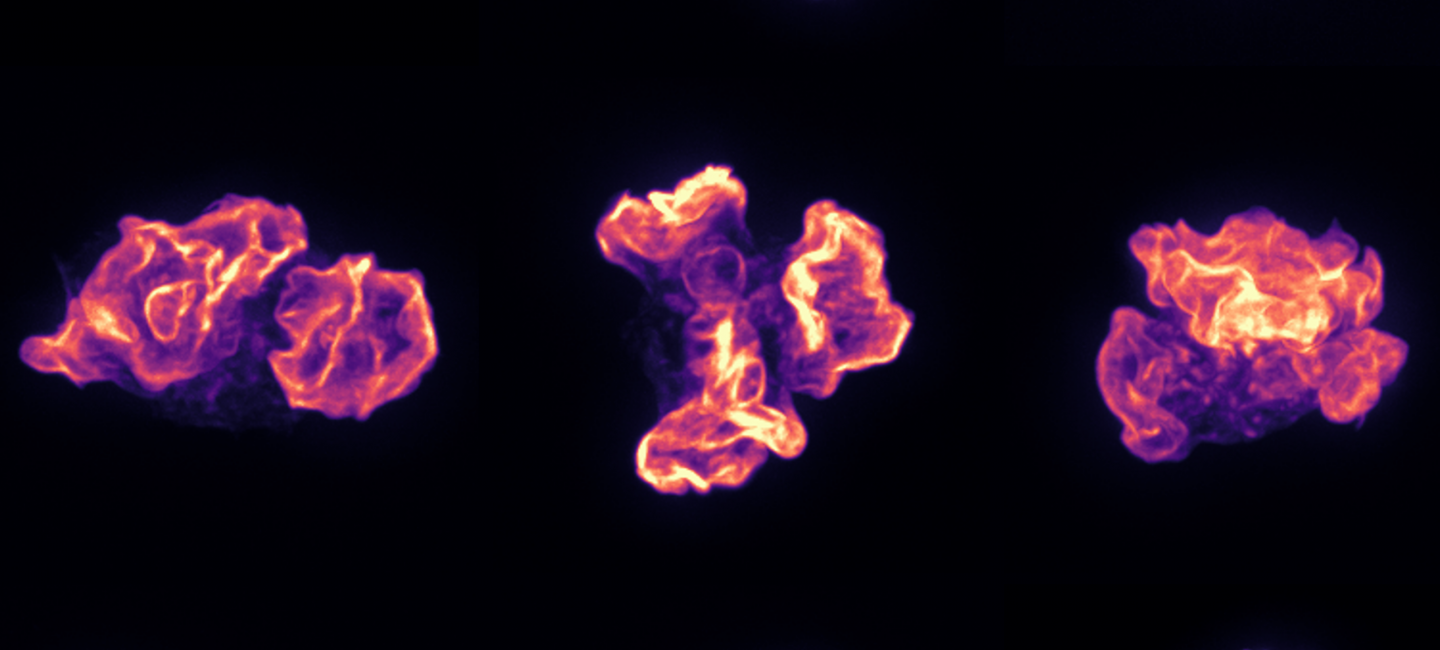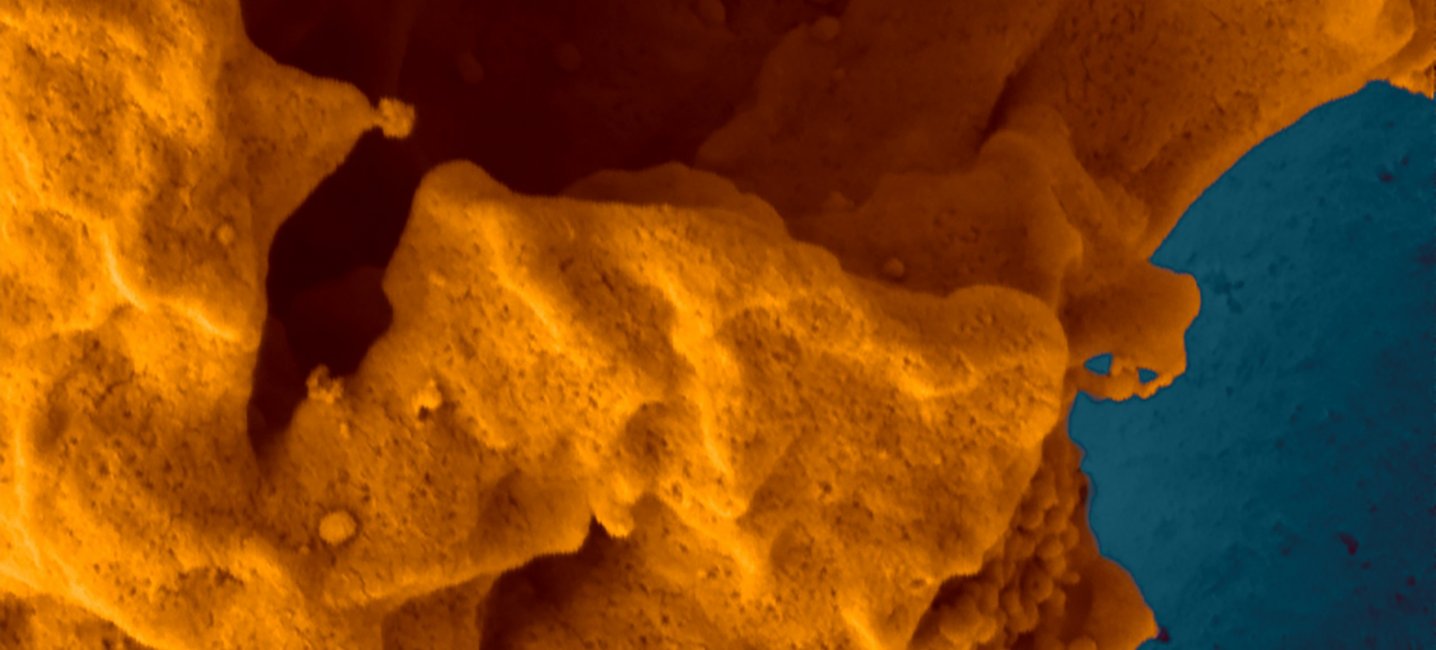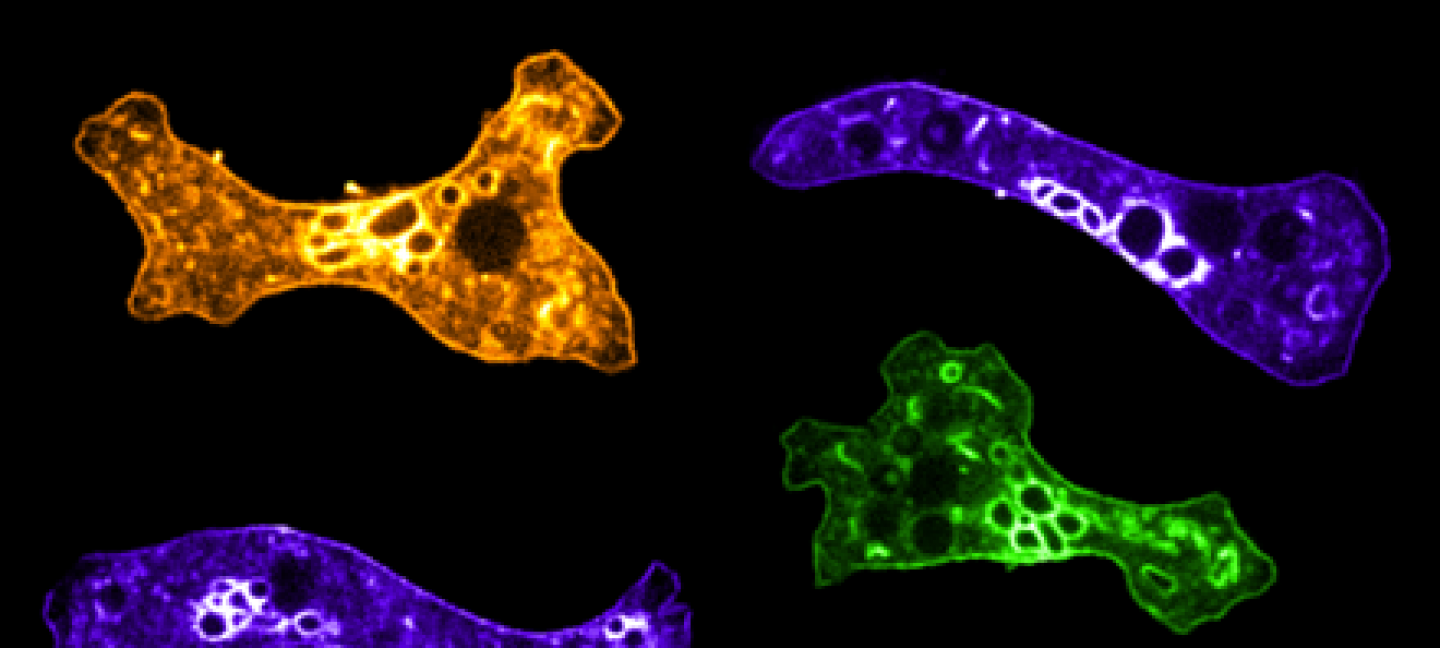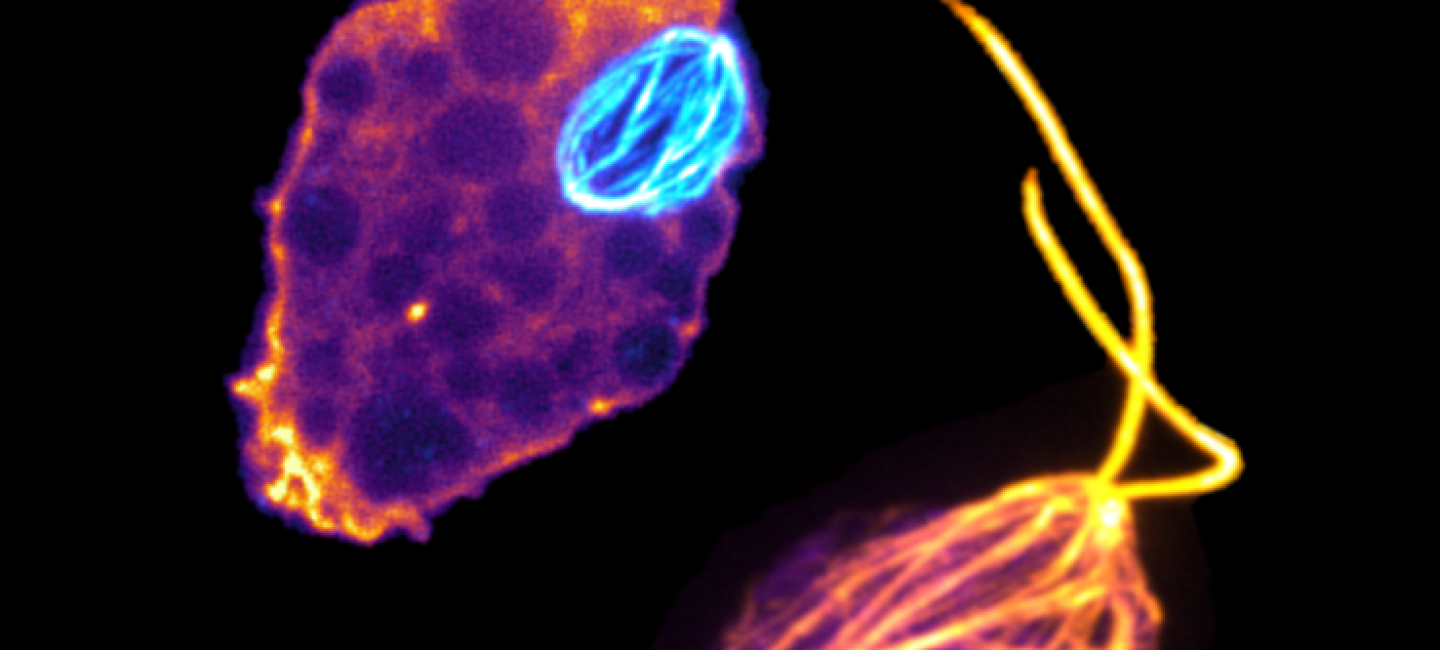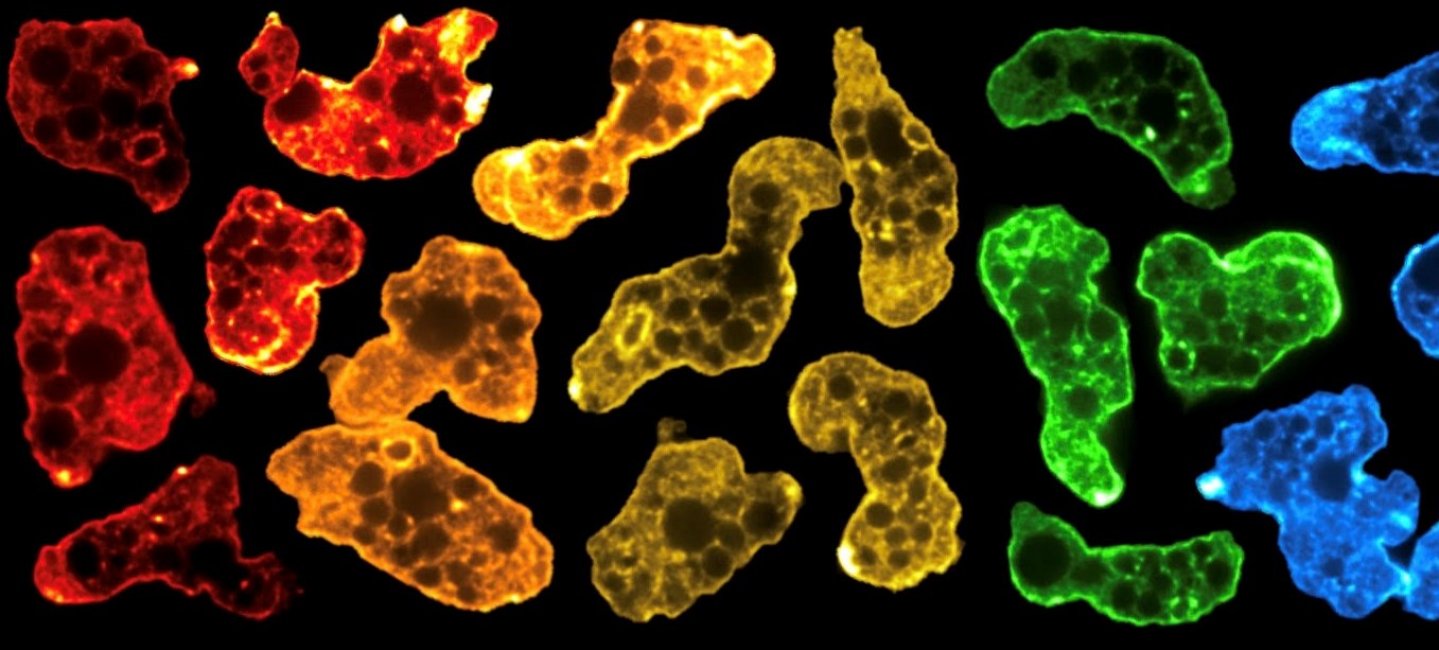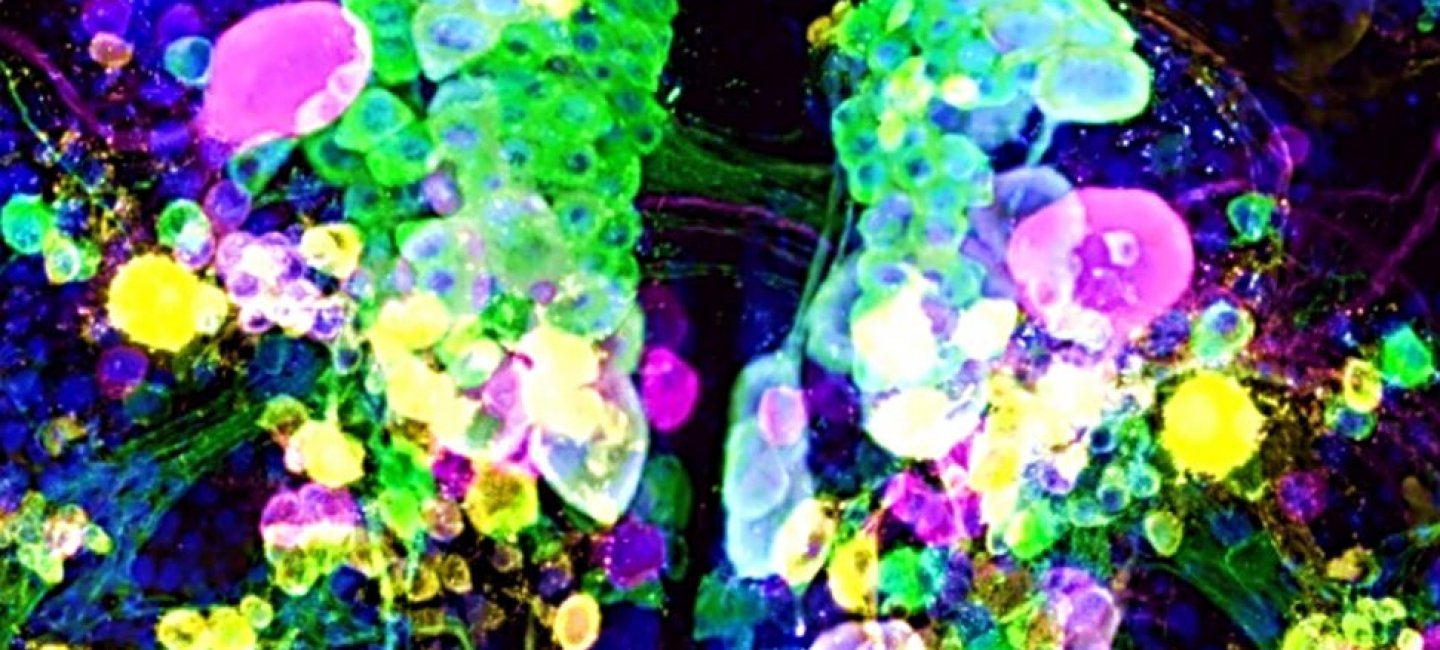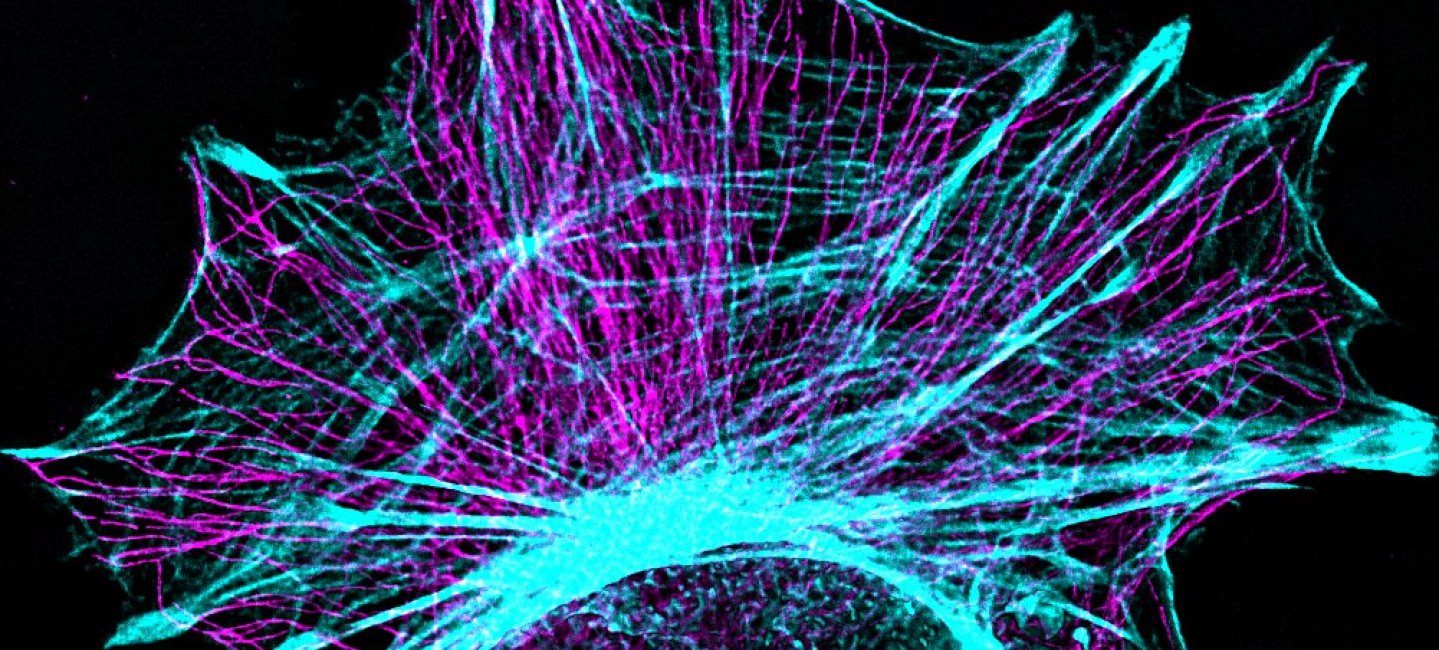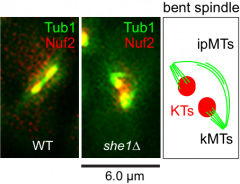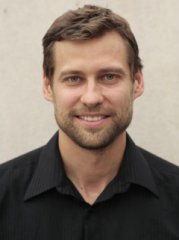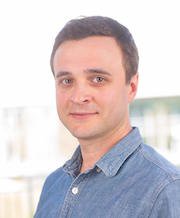News & Announcements
Petersen Named Senior Graduate Diversity Advisor for Graduate School
Petersen Named Senior Graduate Diversity Advisor for Graduate School
Sandra Petersen, a nationally recognized leader in developing recruitment and mentorship programs for underrepresented graduate students from the sciences, technology, engineering and mathematics (STEM), has been named senior graduate diversity advisor by Barbara Krauthamer, dean of the Graduate School. A professor of veterinary and animal sciences, Petersen currently serves as director of the STEM Diversity Institute (SDI), which has dramatically increased minority student enrollment and retention in campus science and engineering doctoral programs over the past 15 years. Read more
Published: MCB student Yili Zhu publishes findings that microtubule-associated protein She1 is required for the maintenance of the metaphase spindle stability.
Published: MCB student Yili Zhu publishes findings that microtubule-associated protein She1 is required for the maintenance of the metaphase spindle stability.
MCB student Yili Zhu and colleagues published a paper titled “Microtubule cross-linking activity of She1 ensures spindle stability for spindle positioning” in The Journal of Cell Biology. Using function-separating alleles, live-cell spindle assays and in vitro biochemical analyses, they show that She1 is required for the maintenance of metaphase spindle stability. Their data reveal how She1 ensures spindle integrity during spindle movement across the bud neck and suggest a potential link between regulation of spindle integrity and dynein pathway activity. Read more
Nathan Kuhlmann awarded traineeship through UMass Biotech Training Program
Nathan Kuhlmann awarded traineeship through UMass Biotech Training Program
MCB student Nathan Kuhlmann (Chien Group) received a prestigous, two-year traineeship from the NIH funded Biotech Training Program at UMass. Nathan's research is geared toward understanding more about antibiotic resistance, and utilizes a novel system that governs the cell cycle progression of Caulobacter Crescentus to uncover the structural details of adaptor hierarchy mediated protein degradation. Read more
Dom Alfandari awarded NIH grant to study the production and characterization of monoclonal antibodies to Xenopus proteins
Dom Alfandari awarded NIH grant to study the production and characterization of monoclonal antibodies to Xenopus proteins
Study Suggests Expectant Father’s Environmental Exposure Affects Reproductive Success
Study Suggests Expectant Father’s Environmental Exposure Affects Reproductive Success
Early results from a larger, ongoing study led by environmental health scientist Richard Pilsner suggest that phthalate levels in expectant fathers have an effect on couples’ reproductive success via epigenetic modifications of sperm DNA. Details appear in the current issue of Human Reproduction, a monthly journal of the European Society of Human Reproduction and Embryology published by Oxford Journals. Read more
Dhankher comments on use of poplars to clean up contaminants
Dhankher comments on use of poplars to clean up contaminants
Om Parkash Dhankher, Stockbridge School of Agriculture, was interviewed in Chemical & Engineering News about a new study from the University of Washington that looked at planting poplar trees that harbor microbes that could help clean up sites contaminated with the carcinogen trichloroethylene. He praised the method, saying, “This is a very cheap and green, clean technology.” Read more
Kulkarni Included on ‘Talented 12’ Chosen by Chemical & Engineering News
Kulkarni Included on ‘Talented 12’ Chosen by Chemical & Engineering News
Ashish Kulkarni, who is joining the chemical engineering department this fall as an assistant professor, is one of the “Talented 12,” an international team of rising all-stars in chemistry, chosen by Chemical & Engineering News. Kulkarni, who is nicknamed the “Cancer Crusher” by the magazine, focuses his research on the development of pioneering, structure-activity, relationship-inspired nanomedicine for cancer therapy. Read more
Protein research by Gierasch and team has implications for disease treatment
Protein research by Gierasch and team has implications for disease treatment
A team led by Lila Gierasch, Biochemistry & Molecular Biology, has demystified the pathway of interdomain communication in a family of proteins known as Hsp70s—a top target of dozens of research laboratories trying to develop new anti-cancer drugs, antibiotics, and treatments for Alzheimer’s and Parkinson’s diseases. Read more
UMass Amherst Researchers Find ‘Switch’ that Turns on Immune Cells’ Tumor-Killing Ability
UMass Amherst Researchers Find ‘Switch’ that Turns on Immune Cells’ Tumor-Killing Ability
Molecular biologists led by Leonid Pobezinsky and his wife and research collaborator Elena Pobezinskaya have published results that for the first time show how a microRNA molecule known as Lethal-7 (let-7) serves as a molecular control hub to direct the function of cytotoxic T lymphocytes by putting the brakes on their cell-killing activities. The research group led by the Pobezinskys includes his Ph.D. student and first author Alexandria Wells, UMass Amherst molecular biologist Michele Markstein, who provided the computational analysis to identify let-7 targets and how let-7 regulates the genome, and UMass Medical School immunologist Raymond Welsh, a specialist in cytotoxic CD8 T cells who provided a viral model for testing differentiation in the presence of virus. More
Madison Tyler MS Thesis Defense
Madison Tyler MS Thesis Defense
Monday, August 28, 2017
10:00 am
Hasbrouck, Room 409
Thesis Title: Regulation of Katanin Activity on Microtubules
Advisor: Jenny Ross
